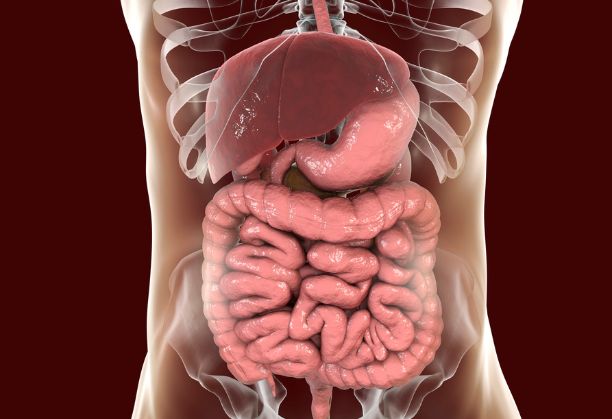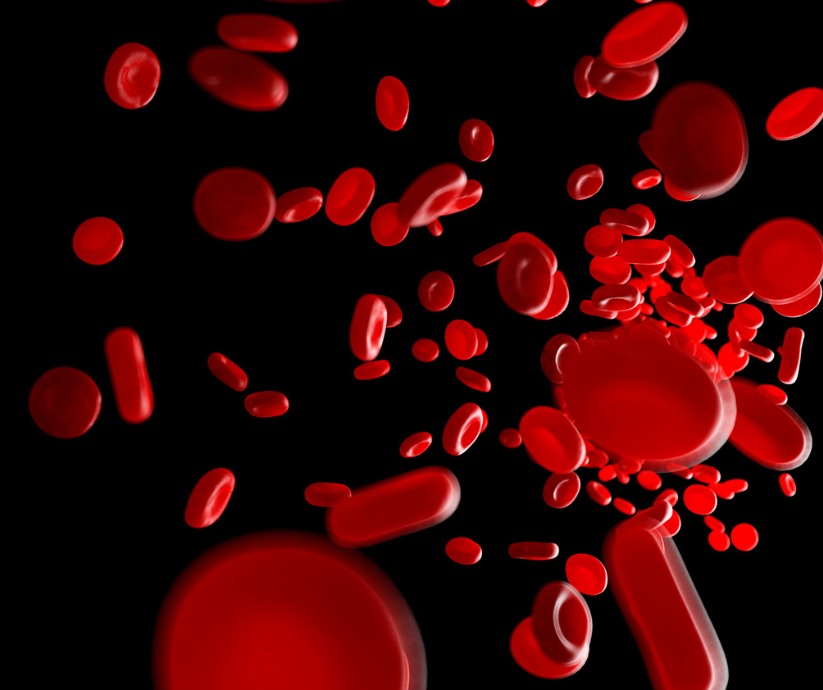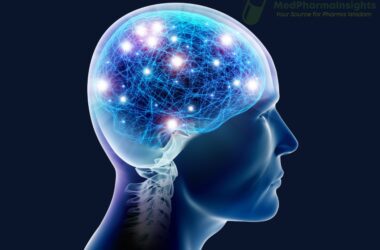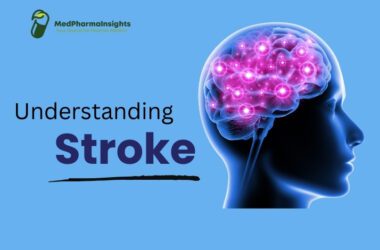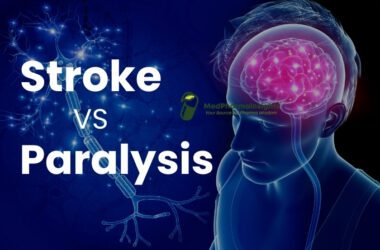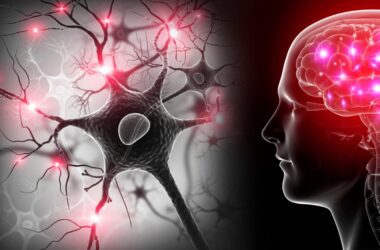Schizophrenia is a chronic and severe mental disorder that profoundly affects a person’s thinking, emotions, and behavior. It is a complex condition characterized by a wide range of symptoms and challenges, making it one of the most enigmatic and misunderstood mental health disorders.Schizophrenia patients are frequently perceived as dangerous and intelligent below average. Actually, the majority of people tend to retreat socially; only a small percentage exhibit aggressive behavior. Suicide rates among those with schizophrenia might reach 10%.
Onset and Course:
Schizophrenia typically emerges in late adolescence or early adulthood. Its onset can be gradual or sudden. The course of the disorder varies, with some individuals experiencing periodic episodes of acute symptoms, while others have more chronic symptoms. Treatment and support can help manage the condition and improve an individual’s quality of life.
Causes and Risk Factors:
The exact causes of schizophrenia remain unclear, but a combination of genetic, environmental, and neurobiological factors is believed to play a role. Family history of the disorder, prenatal exposure to infections or malnutrition, and early childhood trauma are among the potential risk factors.
Symptoms
In the context of schizophrenia, symptoms are often categorized into two main groups: positive symptoms and negative symptoms. These categories help clinicians and researchers better understand the complexity of the disorder and tailor treatment strategies.
A. Positive Symptoms:
- Hallucinations: This refers to the perception of things that are not actually present.
- Auditory hallucinations (hearing voices) are common in schizophrenia, but hallucinations can also involve seeing, feeling, tasting, or smelling things that others do not.
- Delusions: Delusions are false beliefs that individuals with schizophrenia hold firmly, even when presented with contradictory evidence. These beliefs are often paranoid (believing others are plotting against them) or grandiose (believing they have special powers or significance).
- Disorganized Thinking: Schizophrenia can lead to disorganized thought processes, making it difficult for individuals to think logically and coherently. They may have trouble organizing their thoughts, which can affect communication.
- Disorganized or Abnormal Motor Behavior: Individuals with schizophrenia may exhibit a range of abnormal motor behaviors, including agitation, unpredictable movements, and unusual postures.
- Agitation: Restlessness, pacing, and heightened motor activity are common.


B- Negative Symptoms:
- Affective Flattening: This refers to a reduction in the range and intensity of emotional expression. Individuals with schizophrenia may appear emotionally “flat” or unable to express a full range of emotions.
- Alogia: Alogia refers to reduced speech output. Individuals may provide brief or monosyllabic responses, or they may struggle to engage in spontaneous conversation.
- Anhedonia: Anhedonia is the inability to experience pleasure or interest in previously enjoyed activities. Individuals with schizophrenia may lose interest in social activities, hobbies, and relationships.
- Avolition: Avolition is a term used to describe reduced motivation to initiate and complete purposeful activities. Individuals may find it challenging to set and achieve goals or engage in self-care activities.
- Social Withdrawal: Negative symptoms can lead to reduced interest in social interactions, which can result in isolation and withdrawal from relationships and social activities.
Conclusion
Schizophrenia is a complex and challenging mental disorder that significantly impacts the lives of individuals who experience it. It is essential to approach the condition with compassion, understanding, and access to appropriate treatment and support. With the right treatment and a supportive environment, individuals with schizophrenia can lead fulfilling lives and manage their symptoms effectively.


